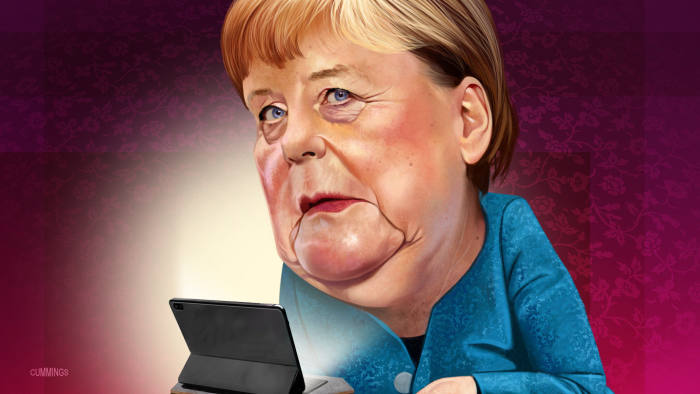RIO DE JANEIRO, BRAZIL – On a gloomy Friday in March, with the blatant destruction caused by the coronavirus, authorities of German Chancellor Angela Merkel’s government understood the need for extraordinary measures to sustain Europe’s largest economy.
At breakneck speed, advisors to the Ministry of the Economy drew up a rescue program worth €600 billion (R$3.6 trillion) to prevent its collapse.

With the increase in coronavirus cases and strict restrictions on people and companies, there was little time for debate and no significant opposition. However, behind the nervous management of the crisis, there was a deeper strategy that had already been under preparation for months.
The strategy, when first proposed last year, had been rejected as too radical for the political and business establishment. But with the crisis as its catalyst, the package was passed in the cabinet the following Monday and became law at the end of the week. It places Merkel at the helm of the most drastic reengineering of the German economy since the post-World War II reconstruction.
By the time it is completed, the Chancellor will have implemented a type of state capitalism in Germany, very similar to the French model, which even reflects on China’s success. The plan will grant the Berlin government authorities new powers to intervene in the economy: they will choose between winners and losers, sowing new industries and preparing national champions. Buying shares in private companies is no longer a taboo, and a balanced budget policy has been ruled out to unleash the full power of the German financial balance.
In other words, last week’s historic €9 billion (US$9.8 billion) bailout for Deutsche Lufthansa airline – including the government’s 20 percent stake and the right to block unwanted acquisitions – is just the beginning. More than just ensuring Germany’s flight connections with the outside world, the agreement sets a benchmark for how the Merkel government intends the economy to be managed in the post-pandemic era.
This is a unique opportunity for Merkel to atone for past mistakes. Even before the pandemic, Germany was stumbling. Dependence on carbon-intensive technologies, irregular national digital networks, and overweening bureaucracy exposed shortcomings in the Chancellor’s management of the country’s export-generating economy.
After the financial crisis, her strategy was simply to stabilize the ship and get out of the way. But the world has changed significantly since then.
Source: Bloomberg

